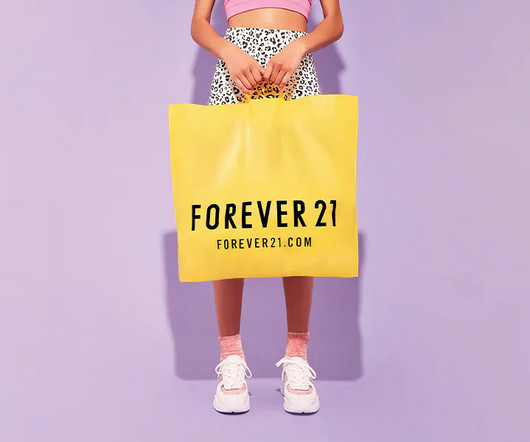From Barcodes to Bytes: Retailers Prepare for Next-Generation UPC
Retail TouchPoints
JUNE 26, 2023
Consumers want more information about the products they buy, and retailers want more visibility into the products their customers buy. And in 2014, Inditex SA, which owns fast-fashion giant Zara, implemented RFID to effectively track all its products at every step in the process. Who doesn’t want that?













Let's personalize your content